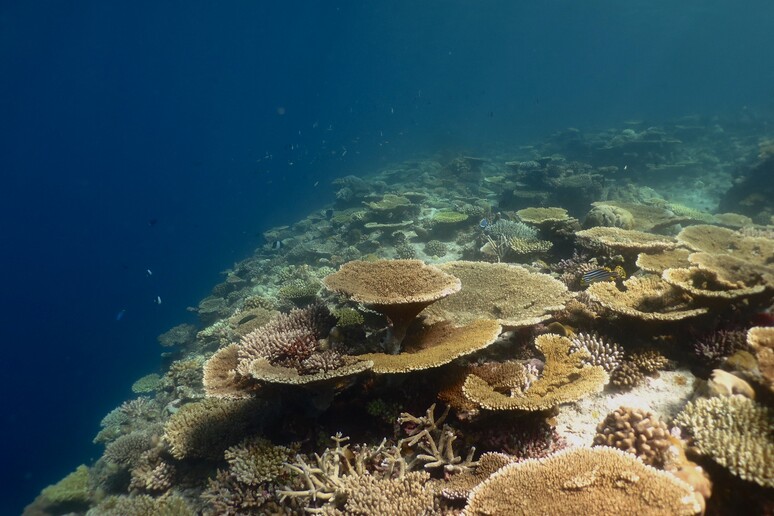The turmeric plant provides a new tool for saving corals from the bleaching caused by rising sea temperatures, according to a study conducted by the Italian Institute of Technology (IIT) and the University of Milan-Bicocca in conjunction with the Genoa Aquarium. Researchers have shown that curcumin, an antioxidant contained in turmeric, is effective in protecting corals without damaging the surrounding marine environment.
The study, published in the journal ACS Applied Materials, has made it possible to obtain a biodegradable biomaterial for administering the curcumin. The researchers, led by Marco Contardi of IIT and Milano-Bicocca, carried out tests in the Genoa Aquarium to simulate the overheating of tropical seas and showed that corals treated with curcumin showed no signs of bleaching. "This technology is the object of a patent application, and the next steps will focus on large-scale application in nature," says Contardi.
"The use of new biodegradable and biocompatible materials capable of releasing natural substances that can reduce coral bleaching is a first," adds Simone Montano of the University of Bicocca, co-author of the study. "I strongly believe that this innovative approach will represent a significant change in the development of strategies for the recovery of marine ecosystems,” he added.
Riproduzione riservata © Copyright ANSA













